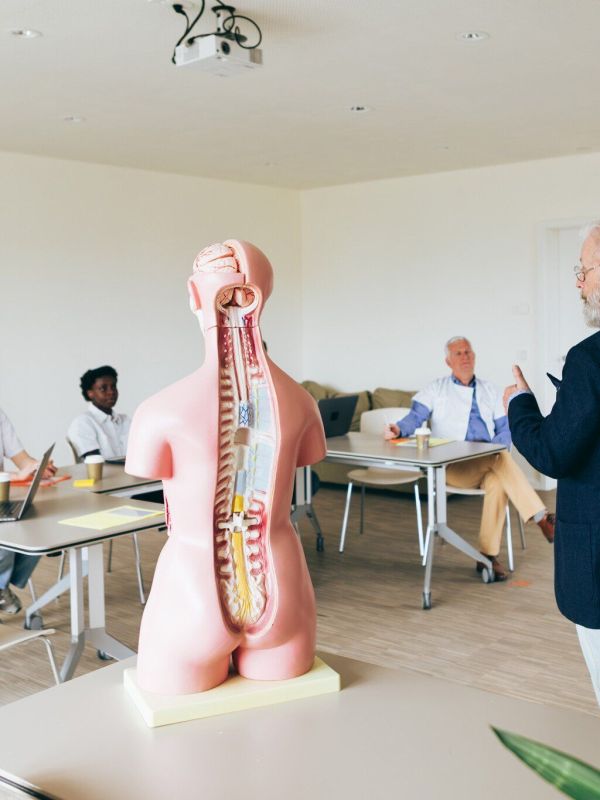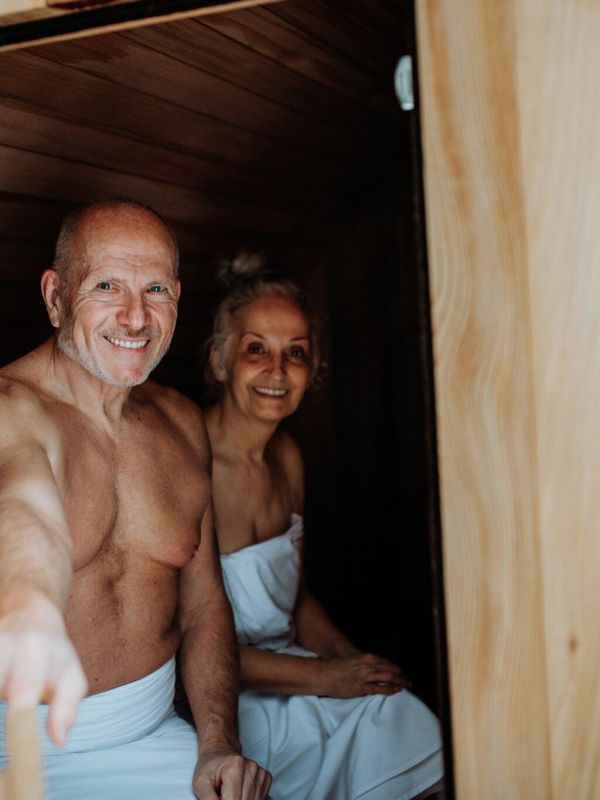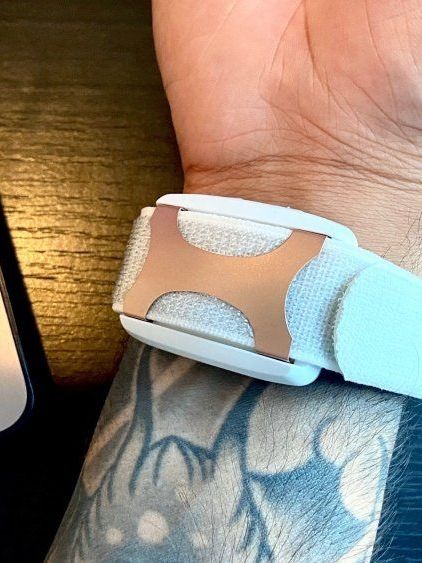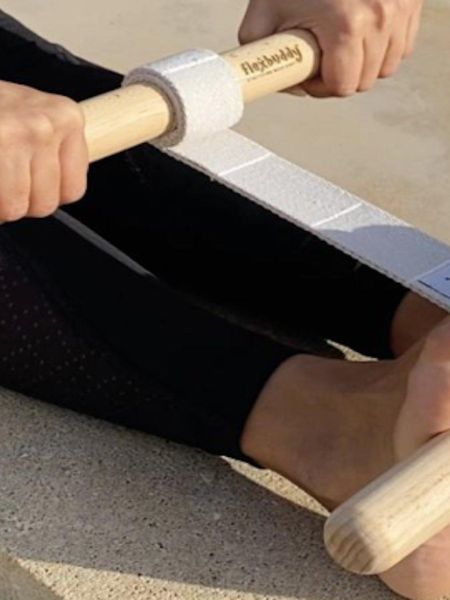Baseline guidelines for relaxation & recovery
Foundational Health Series
What's a longer life without a little joy? We have to make sure that optimizing for longevity doesn't always mean hardship and misery. Stress management and allowing your body to properly recover from intense workouts or activities plays an important role in your body's growth. Rest and sleep enable growth.
Is all stress bad?
No. There is a difference between eustress and distress. We should all strive for eustress consistently in our lives.
Some examples of experiences that may trigger eustress include:
- exercise that matches a person's ability and fitness level
- travel that is stressful but ultimately rewarding
- work that is challenging but fulfilling
- major life changes that a person desires, such as moving house or getting married
Eustress leads to growth when we factor in rest periods.
Physical Stress
Muscle fibers are torn during intense exercise. It's during the rest periods where the repair and, hopefully, growth takes place. Most muscle growth occurs while you're asleep, especially in the deep or the 3rd wave of NREM sleep, sometimes called the 'slow wave sleep'. Slow wave sleep involves increased secretion of human growth hormone which affects metabolism and the health of bones and muscles (see our Sleep Optimization section to learn tips on how to sleep better).
Emotional Stress
Work, family, relationships, finances, addiction, bad habits…the list of contributors to negative stress is limitless. Every person is facing some degree of emotional stress.
Emotional stress can absolutely have negative health consequences. It's typically viewed as the root of HPA axis dysregulation in the body (stress and sex hormone imbalances), which typically opens the door to further metabolic dysfunction in the body (digestion, immunity, energy, etc).
Building Resiliency
An event that one person experiences as stressful but ultimately rewarding might be profoundly upsetting for another person. We are all different. Today, many people are chronically stressed out from the moment they wake, straight through bedtime. Their bodies are in chronic stress response mode. This catabolic state of elevated cortisol hormone levels is unsustainable and will lead to increased mortality risk.
Equipping your body with the ability to be more resilient, both physically and mentally, will support overall health and, in turn, longevity.
Strategies and Tactics to Reduce Stress
- Be more connected to nature by going on walks, hikes, or doing something "grounding" (barefoot in the grass)
- Schedule time each day to unplug from electronics and screens
- Practice gratitude
- Pray or meditate more intensely each day
- Get professional help from a massage therapist, chiropractor, counselor, reflexologist, acupuncturist, etc.
- Start your day off with some breathwork (Gary Brecka has an effective routine to consider)
- Consider stress relief apps, devices, and therapies found in BodyStack
Foundational Health - Basic Guidelines Series:















